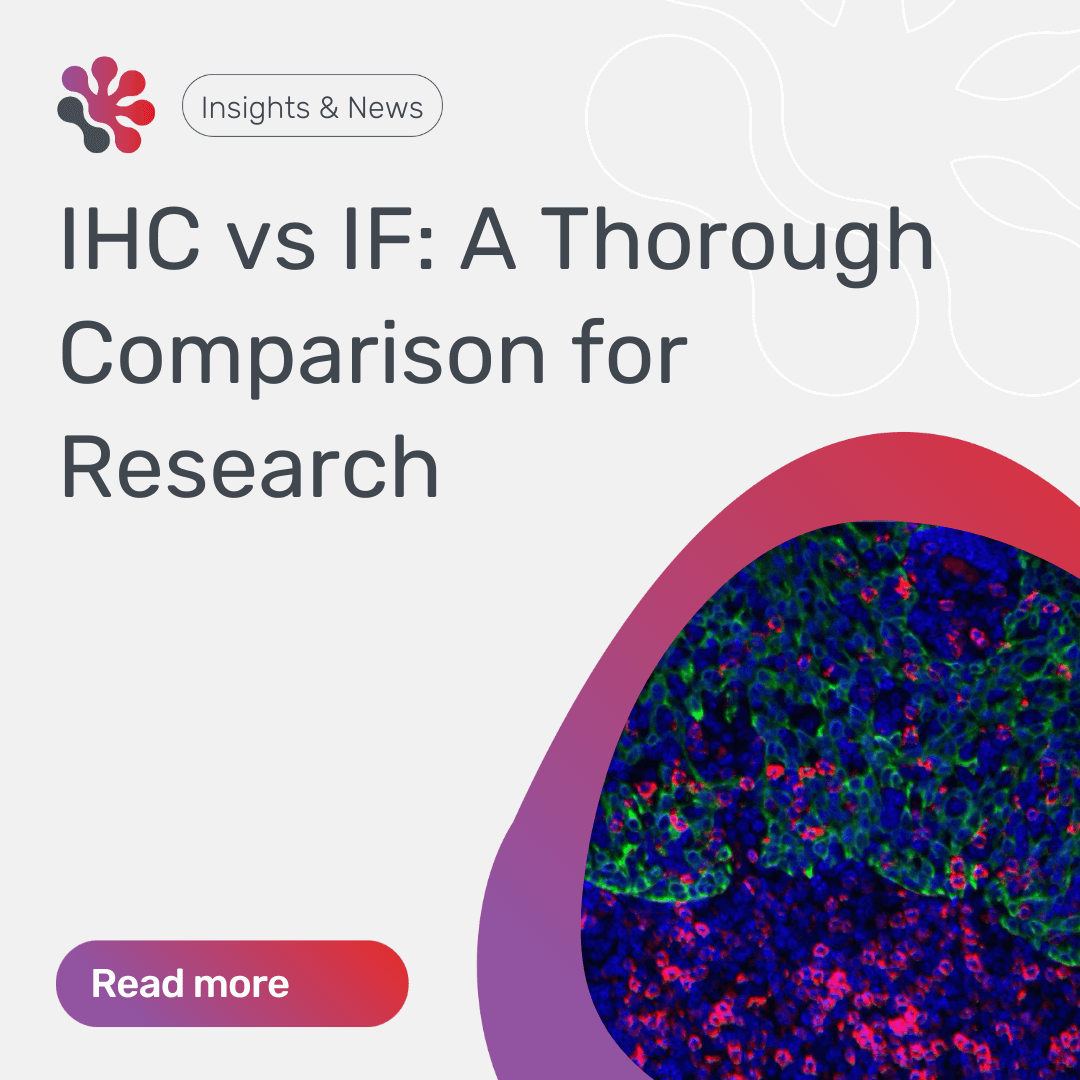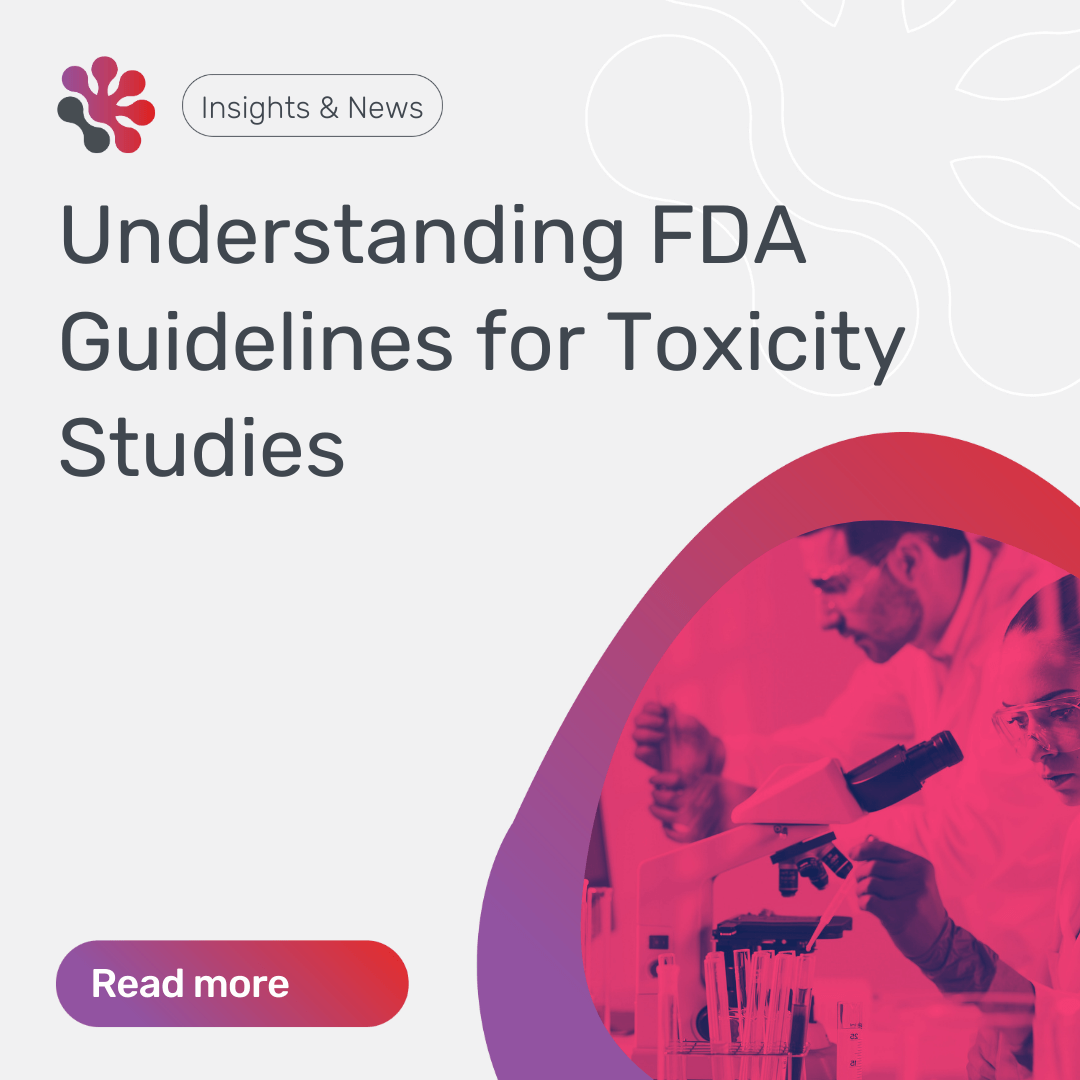Rebecca is joining us at the end of the month to complete her MPhil research project. We’re very much looking forward to welcoming her to the team at HistologiX and supporting her with her HPV-OPC research project.
Q: What made you decide to study a science subject at University?
A: My parents used to buy me human anatomy books whilst I was growing up as they realised it was something that I was interested in and passionate about and I knew that it was something that I wanted to pursue as a future career. Studying Biomedical Science was ideal as it had a good mix of modules that covered different areas and interests and allowed you to pursue a wide range of different careers, with mine being previously as a Biomedical Scientist in the NHS.
Q: What research area interests you the most and why?
A: I am interested in investigating how abnormal cellular processes pertain to human disease, particularly cancer which I feel has been my main interest since I began working as a Biomedical Scientist in histopathology and wrote my literature review on Human Papillomavirus (HPV) and its relation to cervical cancer. I am also interested in using and discovering potential immune biomarkers of disease and developing these in order to be able to characterise the pathogenesis of HPV-mediated cancers.
Q: What would you say to encourage more girls to take on a career in STEM or research?
A: Keep an open mind as there are so many different STEM careers out there and find out what interests you the most. Make the best of your education and any opportunities that become available to you, whether that’s volunteering, work shadowing or work placement. Any experience you can gain will help you when it comes to applying for university or a future career.
Q: Tell us a bit more about the research project you will be undertaking at HistologiX?
A: The project involves characterisation of the pathogenesis of HPV-mediated oropharyngeal cancer. Histological and immunohistochemical techniques will be utilised to elucidate the site of HPV infection within tonsillar tissue and evaluate whether the virus undergoes its full lifecycle within it. Expression of potential biomarkers will also be examined which are believed to be the prognostic indicators for HPV-mediated disease.
Q: What are you looking to get out of your placement with us?
A: I hope to gain more knowledge, learn new techniques and improve on the skills I already have, whilst also building my research portfolio and contributing to an exciting area of research. I am hopeful that this research will generate data suitable for publishing and allow me to complete a PhD.
Find out more about the HPV-OPC research project here.






